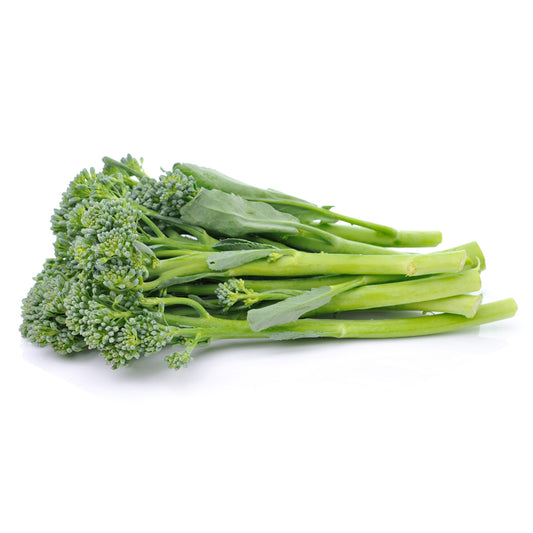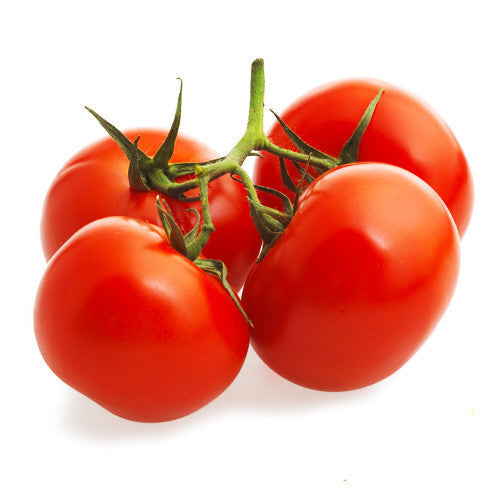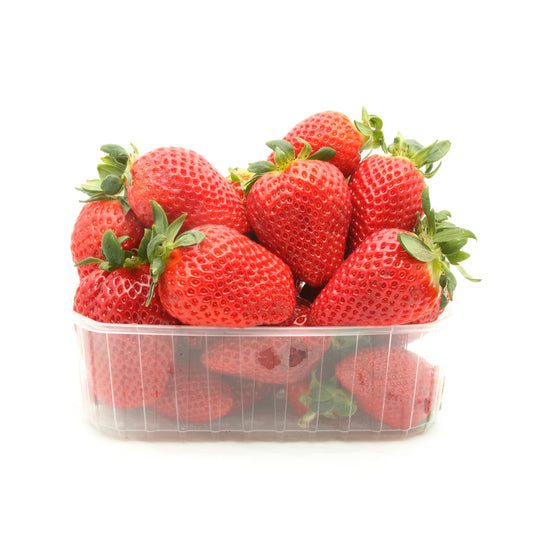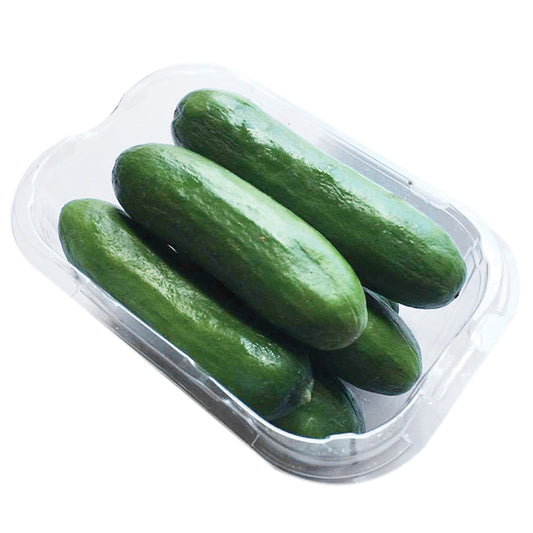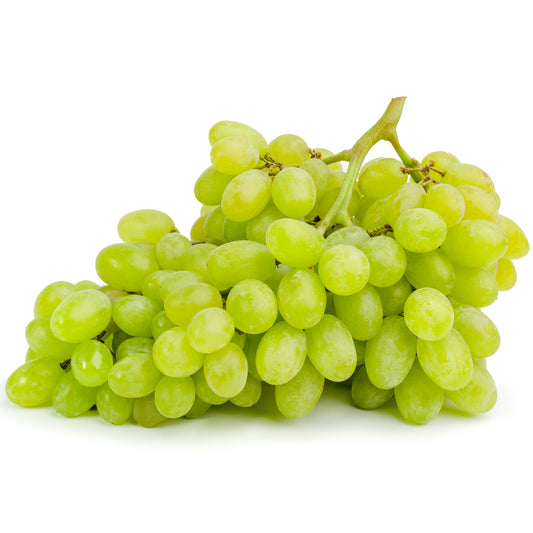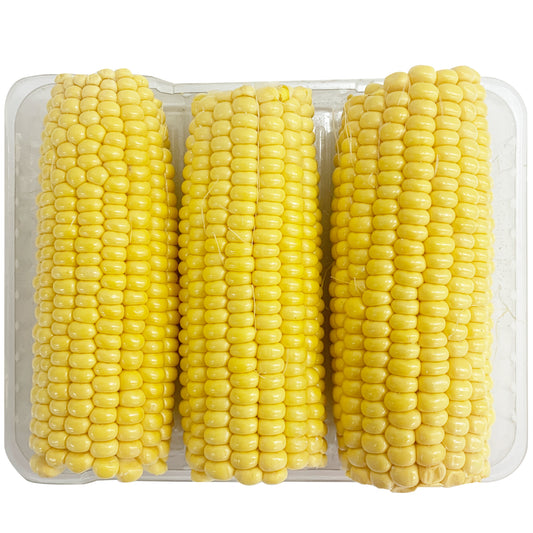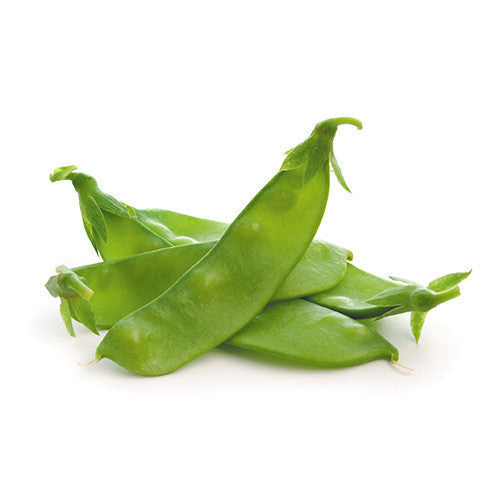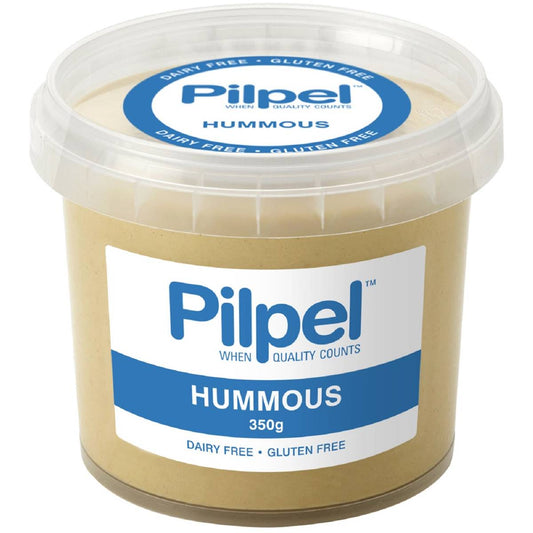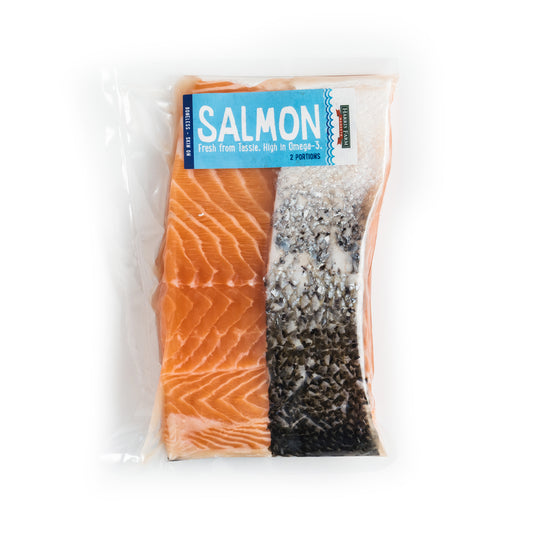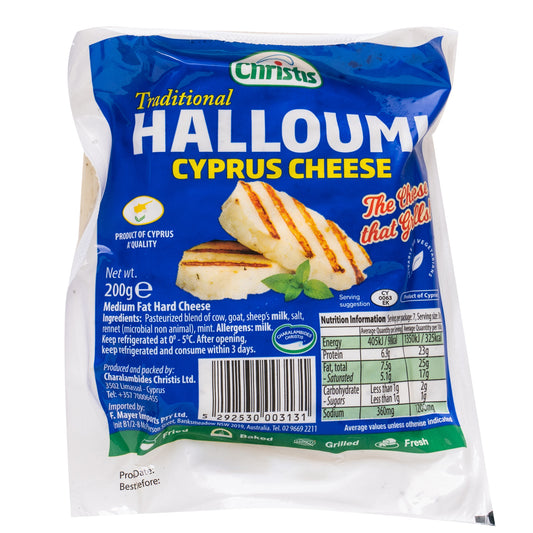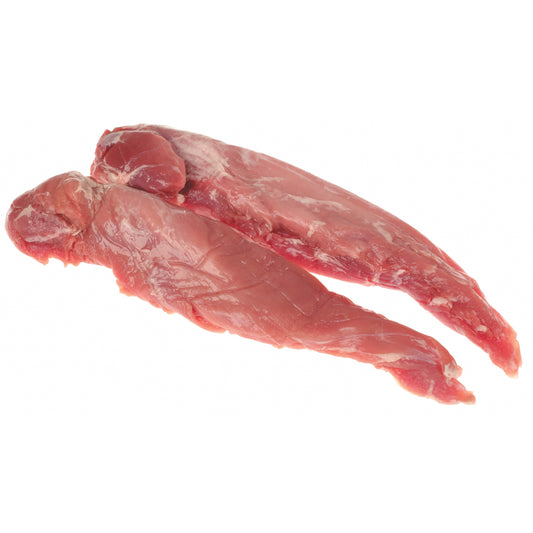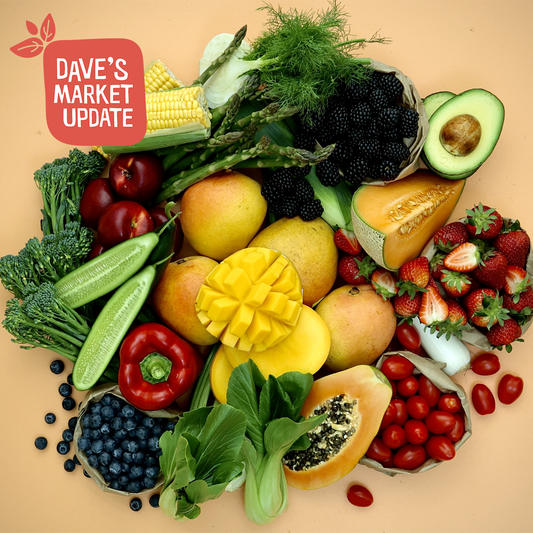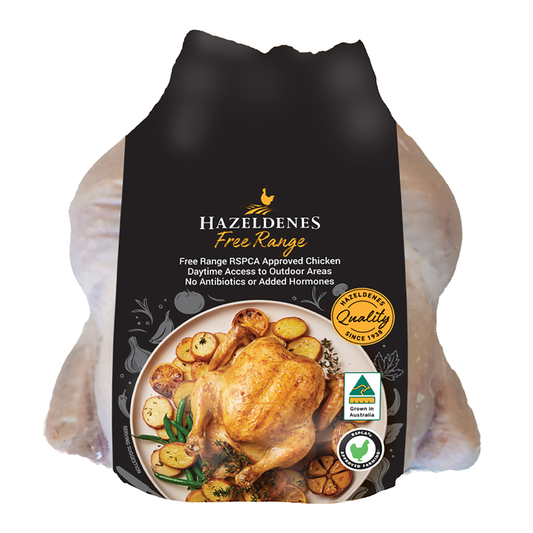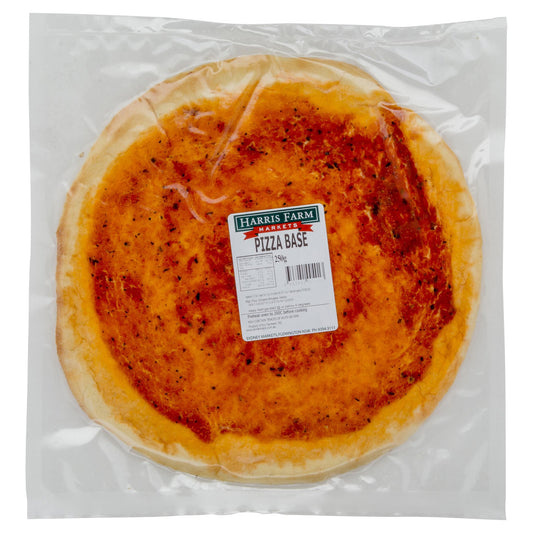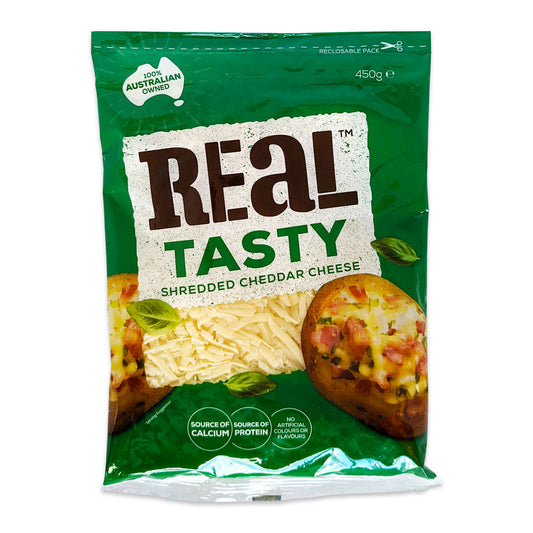What is Organic?

Harris Farm has partnered with Australian Organics for Australian Organic Awareness Month. Supporting local organic growers is something we’re passionate about — it’s better for our health, better for our farmers, and better for the planet. This month, we’ll be sharing delicious organic recipes, great specials on our organic fruit and veg, and stories from the growers themselves.
What is Organic?
Organic products play an integral role in sustainable food systems as we continue our journey to a greener future. Your support is vital. Organic farming works with the environment and focuses on sustainable production practices, soil health, land regeneration and the protection of biodiversity.
When a product is certified organic, it means it has been grown or produced without synthetic fertilisers, pesticides or herbicides and that no artificial colours or preservatives are used in the finishing process. Not only does this mean fewer chemicals in food, it also reduces chemical runoff from farms — better for waterways and local ecosystems. Organic production relies on continually improving soil health and increasing organic matter.
Meat and poultry can also be certified organic. To be certified, animals must roam freely in paddocks, interacting as they would in nature with ample access to pasture, shade and shelter. Diets are natural and free from routine antibiotics and growth hormones.

What does Certified Organic mean in Australia?
The term “certified organic” in Australia carries a consistent, stringent set of criteria that are independently audited across the entire supply chain:
- Sustainability & regeneration: Farming that prioritises soil health and ecosystem regeneration.
- Free‑range, cruelty‑free: Animal welfare standards ensure access to pasture and natural behaviours.
- No GMOs: Certified organic products are strictly free of genetically modified organisms.
- Avoidance of harmful chemicals: No synthetic pesticides, herbicides or fertilisers.
Products are inspected and approved by an independent third‑party certification body against Australian organic standards. Compliance is monitored with annual and random audits.
How organics help the planet
Organic systems nurture living soils that can store more carbon and retain more water. By encouraging biodiversity and minimising synthetic inputs, organic farming supports resilient landscapes and can help reduce the environmental footprint of our food.
New to organics? Check out our Organics Boxes
Dip a toe into organic with curated boxes that make it simple to fill your fridge with the good stuff:
- Organic Fruit & Veg Box — $75.00 (Save $5.00)
- Organic Meat Box — $55.00 (Save $5.00)
Pricing and contents are subject to seasonal availability. Links coming soon.
Discover Organic Meal Kits
We’ve made it easier to enjoy wholesome, organic meals at home with our curated organic meal kits. Packed with premium ingredients and easy-to-follow recipes, they’re delicious, nourishing, and great value:
- Organic Fusilli Meatballs with Sautéed Spinach: $30.00 ($7.50/serve, Save $2.99)
- Organic Porterhouse Steaks with Mash Potatoes: $54.99 ($13.75/serve, Save $5.00)
- Organic Moroccan Lamb Ribs with Roasted Cauliflower: $54.99 ($13.75/serve, Save $5.00)
In Season This September
Fruit
- Avocado
- Banana
- Lemon
- Lime
- Pears
- Strawberries
- Mandarins
- Watermelon
Vegetables
- Asparagus
- Beetroot
- Broccoli
- Cabbage
- Carrot
- Cauliflower
- Celery
- Corn
- Eggplant
- Lettuce
- Onion
- Parsnip
- Potato
- Pumpkin
- Radish
- Silverbeet
- Spinach
- Sweet Potato
- Tomato
- Zucchini
Join us this September to celebrate Organic Awareness Month. Shop fresh produce, explore our organic boxes, and discover meal kits that make organic living easy and delicious.
Organic products play an integral role within sustainable food systems as we continue our journey to a greener future. Your support is vital!
Organic farming works with the environment and is focused on sustainable production practices, soil health, land regeneration and the protection of biodiversity.
When a product is certified organic, it means the item has been grown or produced without synthetic fertilisers, pesticides or herbicides and that no artificial colours or preservatives are used in the finishing process. Not only does this mean less chemicals in food but also less chemical runoff from farms, which is much better for the environment. Organic production relies on continually improving soil health and increasing organic matter.
Meat and poultry can also be certified organic. To be certified, animals must roam freely in paddocks, interacting as they would in nature with ample access to pasture, shade and shelter. The animals’ diets are natural and free of chemicals, and throughout their lives, organic animals are not subjected to routine treatments of antibiotics, hormones or other chemicals.
Join us to enhance and support the certified organic industry by buying organic across all categories, including fresh fruit & veggies, packaged food and beverages, vitamins, skincare, and even pet food.

What is Organic Certified?
The meaning of "organic" can vary across different regions worldwide. However, in Australia, the term "certified organic" consistently signifies a set of stringent criteria:
Sustainability and Regeneration: Certified organic products in Australia are produced in a manner that prioritizes sustainability and promotes soil and ecosystem regeneration.
Free Range and Cruelty-Free: They are derived from sources that ensure animals are raised in free-range environments and are not subjected to animal testing.
No GMOs: Certified organic products in Australia are strictly free from genetically modified organisms (GMOs).
Avoidance of Harmful Chemicals: These products are cultivated without the use of harmful or synthetic chemicals.
To earn the "Certified Organic" label in Australia, products must undergo a rigorous certification process. This process involves thorough inspection and approval by an independent third-party certification agency, which verifies that the entire production chain, from farm to final product, adheres to the Australian Certified Organic Standards.
Moreover, the commitment to these standards doesn't end with certification; companies are subject to annual and random audits to ensure ongoing compliance with these requirements.
How organics help the planet?
Organic farms have demonstrated up to 40% lower carbon emissions compared to non-organic farms in various long-term studies. With climate change causing rising temperatures, drier conditions in already-arid regions, and more extreme flooding, organic farming helps combat global warming by improving carbon and water retention in soil.
Shop for Organic Food by following a few steps
1 - Buy in Season
When fruits, veggies and herbs are in season, they’re typically more abundant and therefore cheaper. There’s a reason why root vegetables, hearty leafy greens, and citrus are in season during winter, while salad greens flourish in summer. These seasonal foods align with what our bodies nutritionally need at different times of the year.
Eating foods that are grown and consumed in their natural seasons means they are more nutritionally dense, benefiting from a wider variety of phytochemicals and nutrients. They also tend to have better flavour.
2 – Buy in Bulk
Bringing your own bag or container to purchase bulk dried goods like nuts, quinoa, oats, legumes, and seeds can save you a lot of money while also cutting down on unnecessary packaging. You can further reduce costs by teaming up with a friend or neighbour to buy larger quantities.
3 – Freeze and Reuse
Buying and stockpiling organic mangoes, berries, bananas, and even greens when they’re ripe and in season, then freezing them for later use in smoothies, jams, or casseroles, can save you plenty of money in the long run. Plus, there’s minimal loss of phytochemicals, minerals, and fibre.
4 – Grow Your Own
You don’t need a garden, and it takes little effort to grow a few pots of your favourite herbs and vegetables—plus, it’s incredibly rewarding. You can grow them anywhere: on windowsills, porches, or even driveways. Start with herbs, as they’re often expensive to buy and require very little space. Try upcycling empty egg cartons into seedling planters or using old bean cans and milk bottles as plant pots.
5 – Cook at Home
Cooking meals at home, especially in batches, can help families save money while also protecting their health. By preparing your own food, you control both what goes into your meals and what stays out. In the long run, this can also lead to savings on medical expenses by reducing trips to the doctor and hospital.

September Seasonality:
Fruit
- Avocado
- Banana
- Lemon
- Lime
- Pears
- Strawberries
- Mandarins
- Watermelon
Vegetables
- Asparagus
- Beetroot
- Broccoli
- Cabbage
- Carrot
- Cauliflower
- Celery
- Corn
- Eggplant
- Lettuce
- Onion
- Parsnip
- Potato
- Pumpkin
- Radish
- Silverbeet
- Spinach
- Sweet Potato
- Tomato
- Zucchini

